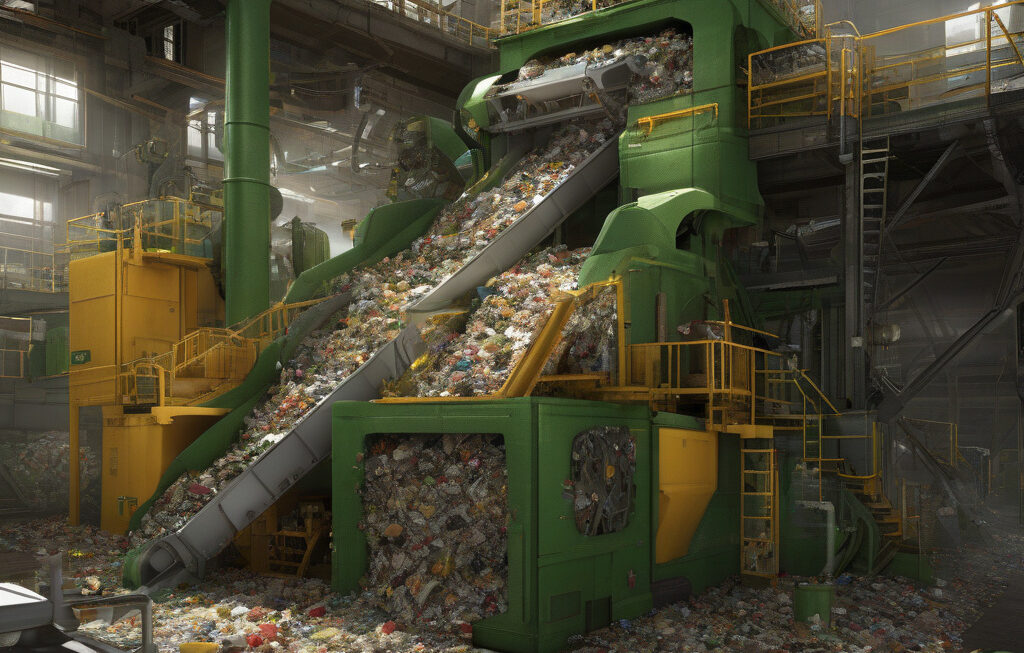Why Chanel Is Venturing Into the Recycling Business
The fashion industry has been under increasing scrutiny for its environmental impact, with fast fashion being one of the biggest culprits. In response to this growing concern, Chanel, the French luxury giant known for its iconic handbags and timeless fashion, is making a bold move into the recycling business.
Chanel recently announced its foray into circularity-focused ventures with investments in waste management and recycling companies. This strategic shift is in line with the brand’s decades-long efforts to future-proof its supply chain. Just as Chanel has acquired top-end ateliers to control the production of its high-quality garments and accessories, the move into recycling reflects a commitment to sustainability and innovation.
By investing in waste management and recycling companies, Chanel is not only addressing the environmental impact of its operations but also tapping into a growing market for sustainable fashion. The rise of conscious consumerism has led to an increased demand for eco-friendly products, and Chanel is positioning itself as a leader in this space.
One of the key drivers behind Chanel’s decision to enter the recycling business is the need to reduce waste and minimize the environmental footprint of its operations. By recycling materials and products, the brand can extend the lifespan of its products and reduce the amount of waste that ends up in landfills. This not only benefits the environment but also aligns with the brand’s image as a responsible corporate citizen.
Furthermore, by investing in recycling technologies and processes, Chanel can explore new ways to repurpose materials and create innovative products. This can open up new opportunities for creativity and design, allowing the brand to differentiate itself in a crowded market and appeal to consumers who value sustainability.
Chanel’s move into the recycling business is also a strategic one from a business perspective. As consumers become more conscious of the environmental impact of their purchasing decisions, brands that prioritize sustainability are likely to gain a competitive edge. By investing in recycling initiatives, Chanel is not only meeting consumer expectations but also future-proofing its business against changing market dynamics.
In conclusion, Chanel’s entry into the recycling business is a testament to the brand’s commitment to sustainability and innovation. By investing in waste management and recycling companies, Chanel is not only addressing environmental concerns but also seizing new opportunities for growth and differentiation. As the fashion industry continues to evolve, Chanel is setting a new standard for luxury brands looking to make a positive impact on the planet.
Chanel, Recycling, Circular Economy, Sustainability, Luxury Fashion












